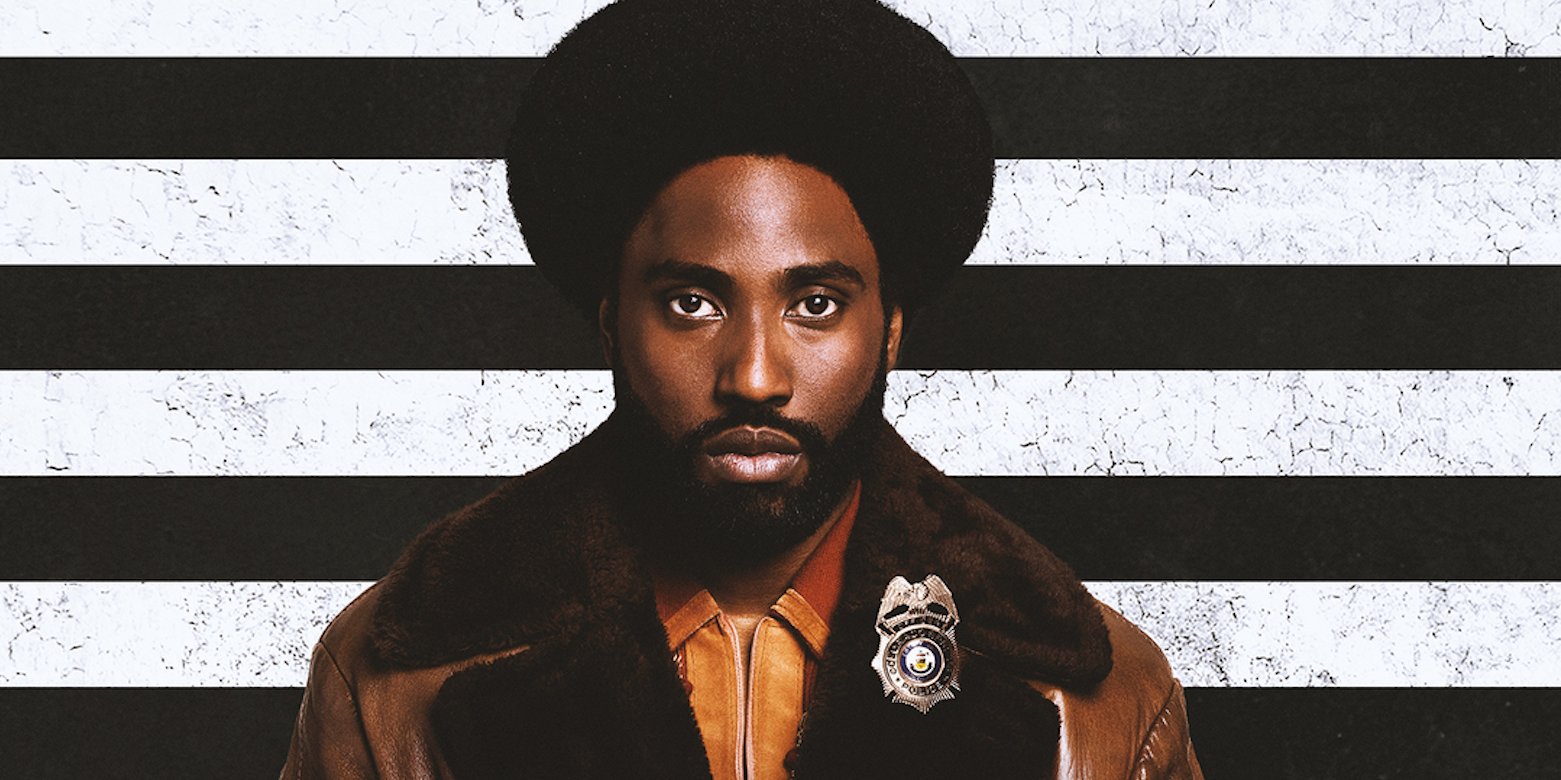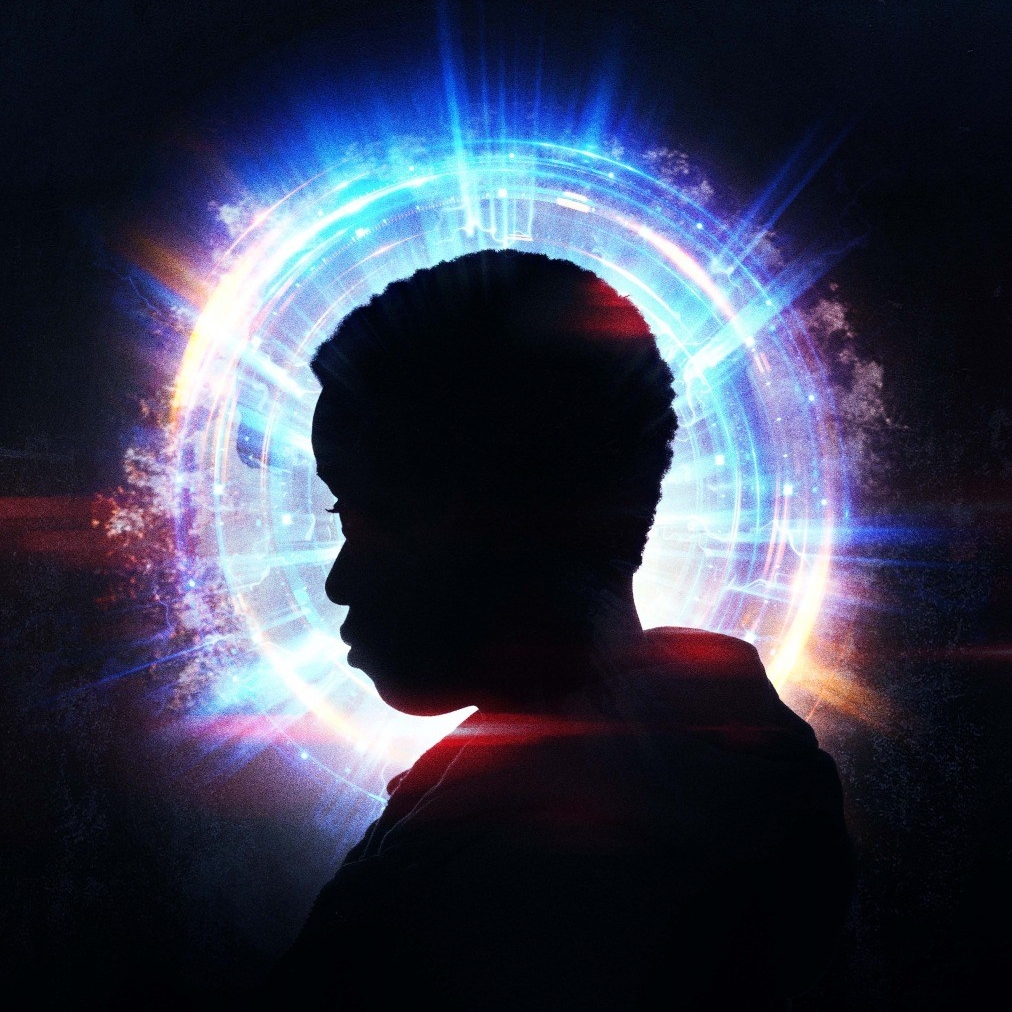'BlacKkKlansman' Gets Under the Hoods

“BlacKkKlansman” is, for better or worse, the most quintessential Spike Lee film of the millennium thus far. Dramatizing the undercover infiltration by African American police officer Ron Stallworth (portrayed by John David Washington) of the Ku Klux Klan with his partner to sabotage numerous criminal activities of the organization, the film’s comedic overview of its surreal circumstance of a black man infiltrating the most iconically racist organization in the country with the help of his Jewish partner plays a central role in making the movie feel as though it could be mistaken for a satire of film’s typical of Lee’s filmography.
Courtesy photos
The performances are top notch; Washington holds his own and displays a promise as a leading man that isn’t getting by on the legacy of his father, Denzel, and Adam Driver brings his character-acting to the table as Stallworth’s Jewish partner, Flip, who gets some rather powerful bonding moments over the nature of being a minority adrift in society.
Members of the KKK chapter of Stallworth’s investigation manage to steal the show however, with the typical ignorant hillbilly stereotype running the gamut of psychotic and scary looking to the comedically stupid to the point of seeming borderline inbred variety.
Despite the one note nature of their characters however, the cast does an excellent job of never dipping into flat out cartoonish caricature. This is perhaps best displayed by Topher Grace’s shockingly dead-on take of former KKK Grand Wizard David Duke, towing the line between parody, impression, and interpretation of a man that can say with a straight face that he’s not racist but merely thinks that Whites are superior and should be kept separate from the lesser of the species so well it may have permanently damaged my ability to enjoy him in “That 70s Show” reruns for the foreseeable future.
Lee coordinates a production that almost looks indistinguishable from an actual crime film of the late 70s and with his excellent cast all bringing their A-game, he sets about to explore perceptions of race relationships and the irrationality of prejudice in America with all of the subtlety of a fireworks show competing with a car explosion over which noise is louder.
“BlacKkKlansman” does make many a poignant statement on the barbarism of the KKK, the destructive nature of prejudice and the damages that adhering to broad generalizations can cause but the film is far from subtle about its own endgame. This is a movie that bluntly beats into the audiences head from start to finish that any form of racism is disgusting and if you sympathize with it than you are part of the problem.
Although the message is noble, Lee’s moderately realistic portrayal of the issue with an unapologetic and in your face attitude does leave to storytelling hiccups that would have been crippling for any other movie, including sequences that should be moving but in the grand scheme of the film come off instead as designated sermons on America’s historical lack of social inequality.
They’re the sort of exploitative sequences that could almost be dubbed as textbook errors in cinematic storytelling for film school amateurs but their inability to sink this film lies in a sobering realization that the human race may actually be so dumb that this must be spelled out as clear as daylight.
The values of “BlacKkKlansman” are the sort of common sense that one would think barely bears repeating in the context of where it shows up bluntly; racists and xenophobes are a disease spreading intolerance and causing discord that will prevent us as a society from ever properly evolving.
Unfortunately, our reality is that Neo-Nazis are so shameless they now feel comfortable to come out and protest their depictions as the inhumane ignorant threats to human peace and decency that they are, small town southerners don’t see how the symbol of a failed government insurrection intent on maintaining the institution of human slavery as legal is a disturbing thing to idolize, and The President can compare protestors of institutional police incompetence to domestic terrorists that have tortured and murdered the innocent just because if it’s not his problem, than it doesn’t exist.
The movie seems to be highly aware of the fact that had it come out a mere 3 years ago, its observations may have been scoffed off as too on the nose but for all of its lack of subtlety, its greatest asset seems to be knowing that whatever progress may exist in litigation doesn’t negate the fact that we have a long way to go as a people and the eye opening documentation of the internet age paints a fairly bleak and sobering picture as to how far we really have come. Whatever “BlacKkKlansman” may lack in even filmmaking, it more than covers in impact alone.
4 out of 5
Graduating from Texas A&M University—Commerce with a bachelor's degree in News and Editorial Journalism, Jordan Wright has lived most of his adult life professionally critiquing films, from major blockbusters to indie dramas, and has no intentions of stopping.









